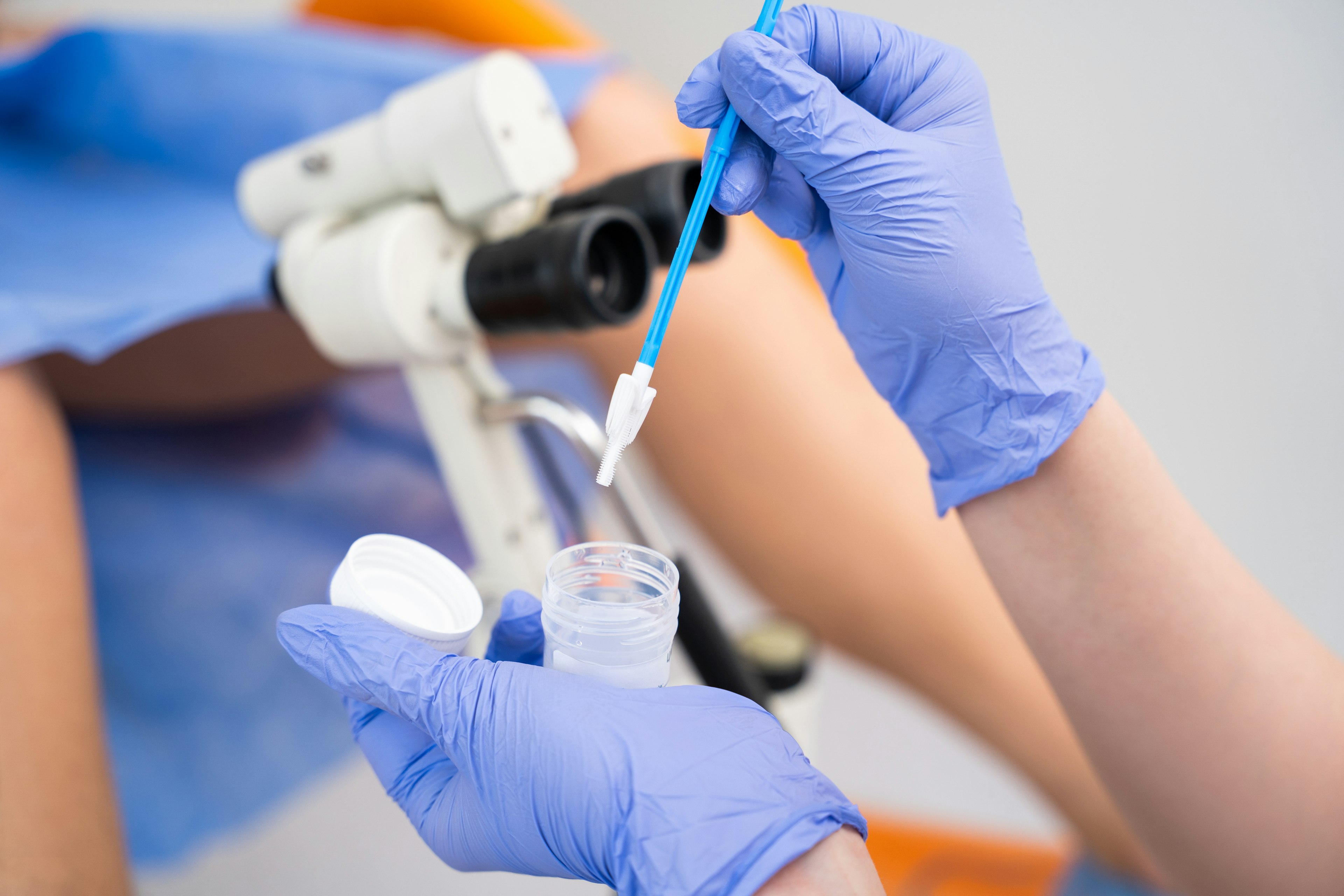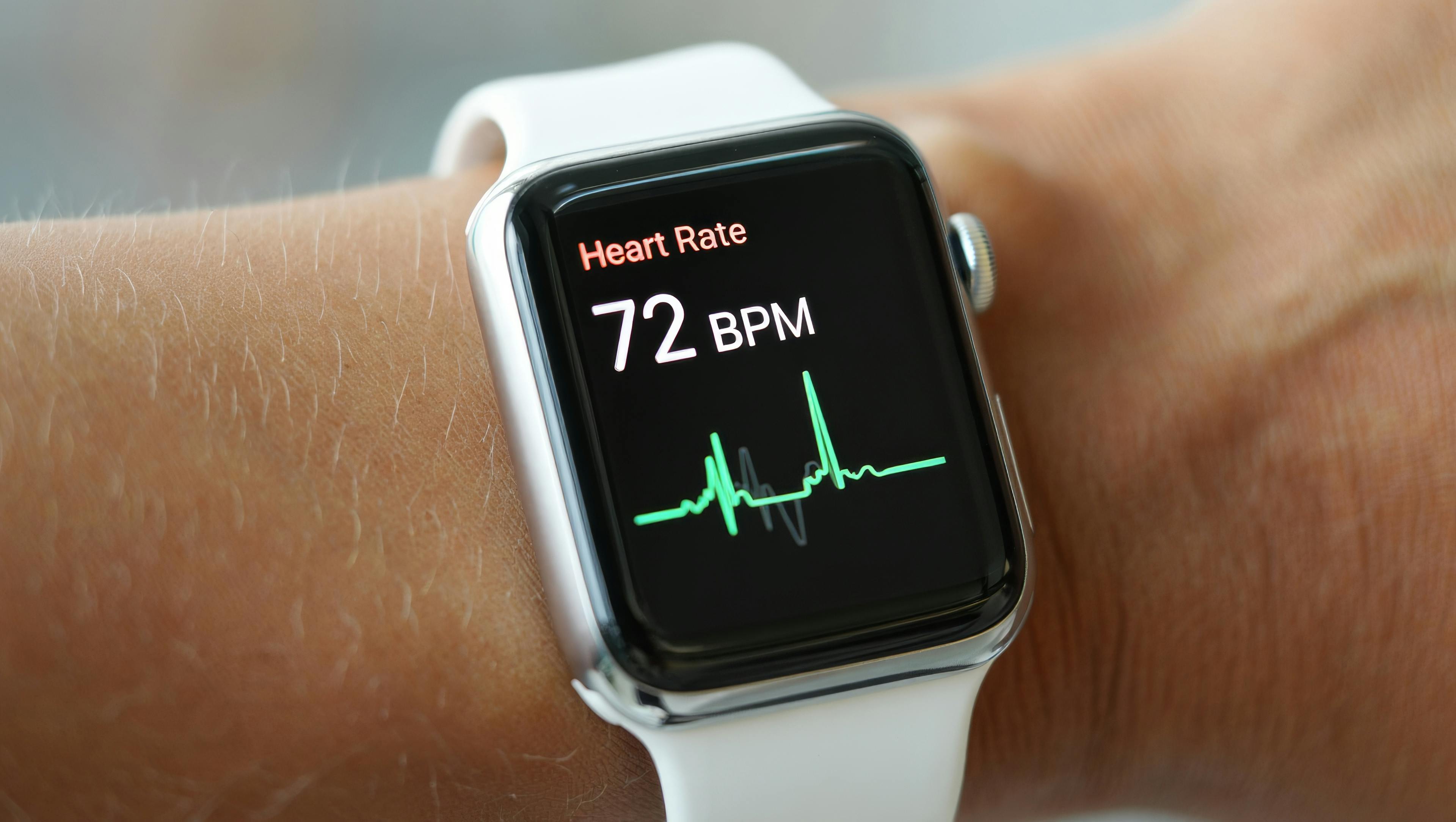Feeling a bit nervous about an upcoming Pap smear is completely understandable, especially if it’s your first time. One of the most frequent questions patients ask is whether the procedure is painful.
To ease any uncertainty, we’ll walk through what happens before, during, and after your appointment, and address any questions or concerns you might have about the procedure.
What is a Pap Smear?
A Pap smear is a routine screening (typically performed during a yearly Well-Woman Exam) that helps identify early warning signs of cervical cancer.
During the procedure, your provider uses a soft brush or spatula to collect a small sample of cells from the cervix. The sample is then sent to a lab, where it’s examined for abnormal or potentially precancerous changes, as well as signs of infection caused by viruses like HPV.
What to Expect During a Pap Smear
A Pap smear is performed during a standard pelvic exam. The process is quick and usually takes less than 10 minutes. Here's what you can expect to happen:
- You’ll lie back on the exam table with your feet placed in stirrups
- A lubricated speculum is inserted into the vagina to gently separate the vaginal walls
- A small sample of cervical cells is collected using a soft brush or spatula
Do Pap Smears Hurt?
While the procedure can feel a little uncomfortable, most people describe it as brief and manageable. Some experience mild pressure or cramping, like menstrual discomfort. Sharp or intense pain is rare, but if it does happen, let your provider know so they can adjust to help you feel more at ease.
How to Prepare for a Pap Smear
To get the most accurate results, there are a few things to avoid for 24 to 48 hours before your appointment:
- Vaginal intercourse
- Douching
- Use of vaginal creams, lubricants, or medications
These actions can affect the quality of the cell sample and may lead to inconclusive or less reliable results.
Can I Get a Pap Smear While on My Period?
If you're on your period during your scheduled Pap smear, the timing might matter. Light spotting usually isn’t a problem, but heavier bleeding can impact the accuracy of your results.
To be safe, it’s best to call your provider and try to reschedule if your period starts close to your appointment.
Can You Have Sexual Intercourse Before a Pap Smear?
You should refrain from vaginal intercourse for 24 to 48 hours before your appointment to ensure the most accurate results. Semen, lubricants, and other vaginal products may interfere with the cervical cell sample and could lead to unclear or inconclusive findings.
Do You Need a Pap Smear If Not Sexually Active?
Sexual history does not determine whether a Pap smear is needed. While HPV is a common virus associated with cervical cancer, other factors such as immune system changes or abnormal cell development can also affect cervical health.
For this reason, most women are advised to get Pap smear screenings regardless of sexual history. These exams help identify changes in the cervix so providers can respond before more serious problems arise.
How Often Should You Get a Pap Smear?
Most women should begin Pap smear screenings at age 21. For those ages 21 to 29, a Pap test is typically recommended every 3 years, assuming results are normal. From age 30 to 65, women may be screened every 3 to 5 years, depending on whether HPV testing is done at the same time.
Your provider may recommend more frequent screening if you’ve had abnormal results in the past, a weakened immune system, or a history of cervical cancer or precancer.
What to Expect After the Procedure
Most patients feel completely fine following a Pap smear and can go about their day without restrictions. Some experience mild cramping or light spotting, especially after their first screening, but this usually resolves within 24 hours.
When to Contact Your Provider
Certain symptoms may need follow-up care, whether they appear before or after your Pap smear. Get in touch with your provider if you experience:
- Pelvic pain or pressure
- Unusual or persistent vaginal discharge
- Irregular, heavy, or prolonged bleeding
These signs could indicate an infection or another condition that requires further evaluation.
Take Charge of Your Cervical Health
A Pap smear is a quick, important step in protecting your long-term health. If you’re unsure about what to expect, your provider is here to answer your questions, explain your results, and help you stay on track with routine screenings.





